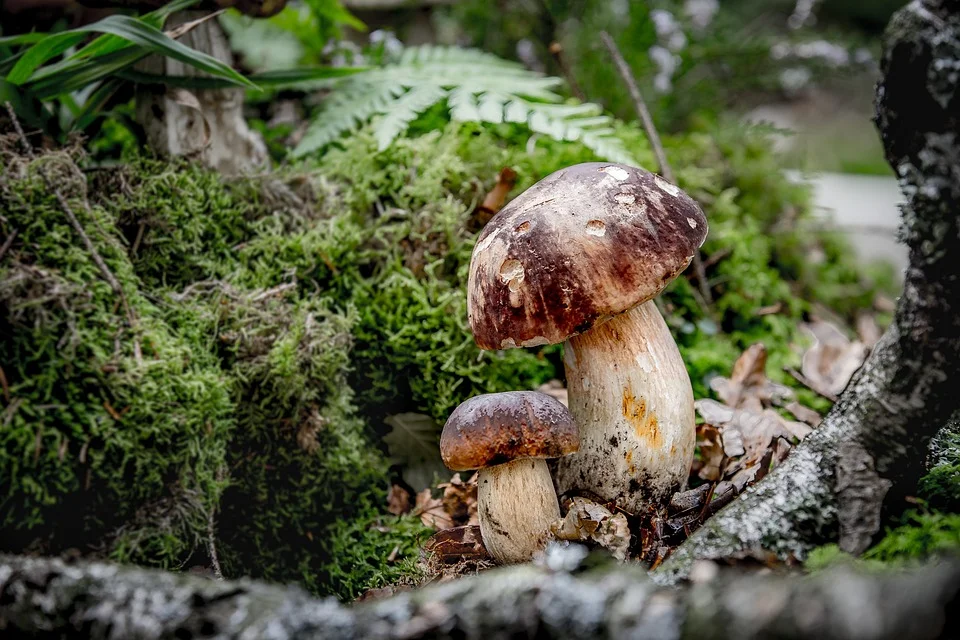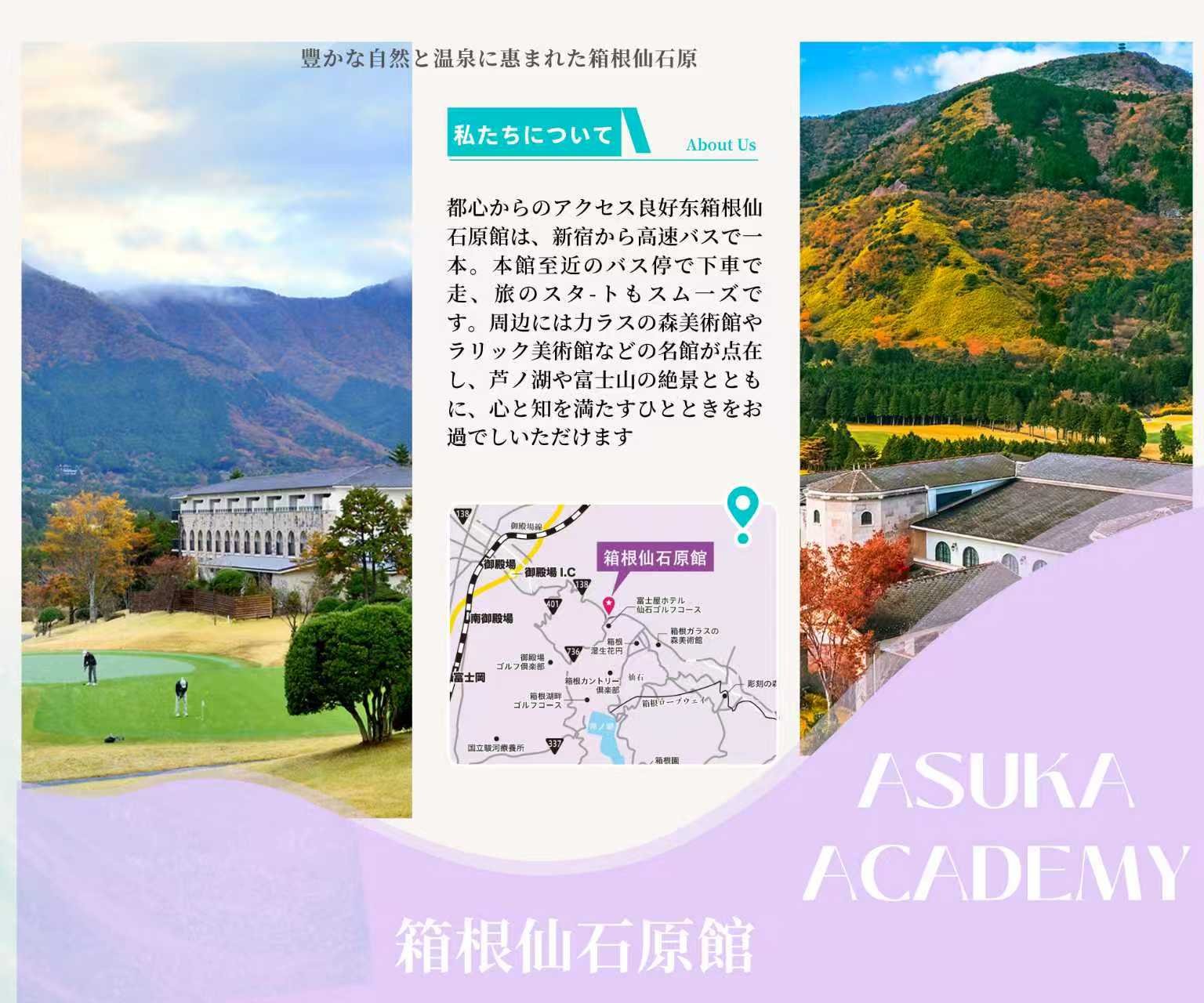In the depths of the Changbai Mountains in Northeast China, a mysterious and precious wild delicacy thrives. Known as the “King of Mushrooms,” the matsutake is nature’s ultimate gift to humanity. Every early autumn, Sanhe Town in Longjing City, Yanbian Korean Autonomous Prefecture, Jilin Province, enters its most bustling season—the matsutake harvest. Here, matsutake mushrooms are not only gourmet treasures but also the “golden key” to prosperity for villagers and a “green engine” for ecological development.

Matsutake mushrooms are extremely rare and grow only in the wild under very strict environmental conditions. They cannot be artificially cultivated and only thrive in unpolluted primeval forests, forming symbiotic relationships with coexisting trees such as red pines that are over 50 years old. From spore to sprout, their growth cycle spans five to six years, progressing slowly and unpredictably.
To protect this resource, Sanhe Town has established a matsutake conservation area, implementing strict measures such as “mountain closure for mushroom cultivation” and “forest closure for regeneration.” Outsiders are prohibited from entering the forests to harvest matsutake. Protection efforts combine surveillance cameras with manual patrols to ensure sustainable resource management. Here, ecological protection and industrial development go hand in hand, guaranteeing that every matsutake grows in the safest, most natural environment.
From late August to mid-September each year is the golden period for matsutake picking in Sanhe Town. As early as 3 or 4 a.m., villagers don headlamps and carry bamboo baskets into the mountains. The best time to find matsutake is before sunrise, when the dew is still heavy.
Because their appearance closely resembles the surrounding soil and fallen leaves, matsutake are easy to overlook. Harvesters must be well-trained, using wooden sticks to carefully pry them up without damaging the mycelium pits, allowing the fungi to continue propagating. To maintain freshness, villagers usually harvest in the morning and deliver in the afternoon, ensuring timely sales. High-quality matsutake are packed using cold chain logistics and shipped nationwide and even to markets in Japan and South Korea, reaching end consumers within 48 hours.
Sanhe Town’s matsutake are prized internationally for their large size, thick flesh, and rich aroma. In recent years, Chinese matsutake have become a major source of imports for countries like South Korea and Japan, thanks to their superior quality. Leading up to Korea’s traditional Chuseok holiday, matsutake mushrooms are considered premium gifts.
This September, due to climate-related issues, South Korea’s domestic matsutake production nearly failed. Chinese matsutake stepped in just in time to fill the market gap. According to statistics, Sanhe Town exports over ten tons of matsutake to Japan and South Korea annually—yet demand still far exceeds supply. On “Matsutake Street” in Yanji City, one vendor said frankly, “As long as there’s supply, we’ll buy it all.”
The matsutake harvest has also brought significant “ecological dividends” to Sanhe Town. Jin Zekui, a 50-year-old villager, manages over 100 hectares of forestland and earns nearly one million yuan annually from harvesting and selling matsutake. He has also launched customized matsutake gift boxes aimed at the high-end market, which have become very popular.
Another local, Sun Longguo, has been harvesting matsutake for 20 years. This year, he harvested 400 jin (approximately 200 kg) of matsutake from just 20 hectares (about 300 acres) of forest, generating tens of thousands of yuan in income. According to local government sources, nearly every household in the town owns its own “matsutake mountain.” Villagers can profit from both harvesting and renting out their forestland, significantly boosting the overall income of the




